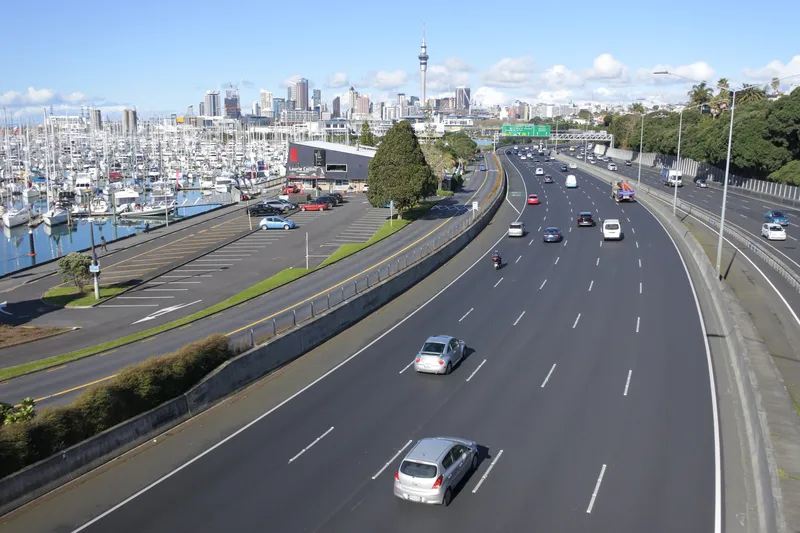A two-year experiment by the Danish road directorate shows accidents have fallen on single-carriageway rural roads and motorways where the speed limit was raised.
Since the speed limit on some stretches of two-way rural roads was increased from 80 to 90 km/h, accidents have decreased due to a reduction in the speed differential between the slowest and fastest cars, resulting in less overtaking. The slowest drivers have increased their speeds, but the fastest 15 per cent drive one km/h slower on average
February 25, 2014
Read time: 2 mins
A two-year experiment by the 1845 Danish Road Directorate shows accidents have fallen on single-carriageway rural roads and motorways where the speed limit was raised.
Since the speed limit on some stretches of two-way rural roads was increased from 80 to 90 km/h, accidents have decreased due to a reduction in the speed differential between the slowest and fastest cars, resulting in less overtaking. The slowest drivers have increased their speeds, but the fastest 15 per cent drive one km/h slower on average, despite the higher limit. While the average speed remains similar to before, the speeds are more homogeneous on the roads in question.
The police were initially sceptical of the move, fearing that people would drive even faster, but they have now changed their minds. As Erik Mather, a senior Danish traffic police officer admitted, "The police are perhaps a little biased on this issue, but we've had to completely change our view now that the experiment has gone on for two years."
On sections of motorway where the speed limit was raised from 110 to 130 km/h nine years ago, fatalities also decreased.
Alliance of British Drivers (ABD) joint chairman Brian Gregory comments, "These findings vindicate what the ABD has been saying for years, that raising unreasonably low speed limits improves road safety by reducing speed differentials and driver frustration. They also confirm decades of research from the USA and UK on the setting of speed limits. It is now time for the Government to push ahead with raising the motorway speed limit to 80 mph. It must also change its guidance to local authorities on setting speed limits, so that they are once again set at a level that commands the respect of drivers. This means reinstating the 85th percentile principle - setting limits that 85 percent of drivers would not wish to exceed. Those who have argued that lower speed limits improve safety have been proved wrong."
Since the speed limit on some stretches of two-way rural roads was increased from 80 to 90 km/h, accidents have decreased due to a reduction in the speed differential between the slowest and fastest cars, resulting in less overtaking. The slowest drivers have increased their speeds, but the fastest 15 per cent drive one km/h slower on average, despite the higher limit. While the average speed remains similar to before, the speeds are more homogeneous on the roads in question.
The police were initially sceptical of the move, fearing that people would drive even faster, but they have now changed their minds. As Erik Mather, a senior Danish traffic police officer admitted, "The police are perhaps a little biased on this issue, but we've had to completely change our view now that the experiment has gone on for two years."
On sections of motorway where the speed limit was raised from 110 to 130 km/h nine years ago, fatalities also decreased.
Alliance of British Drivers (ABD) joint chairman Brian Gregory comments, "These findings vindicate what the ABD has been saying for years, that raising unreasonably low speed limits improves road safety by reducing speed differentials and driver frustration. They also confirm decades of research from the USA and UK on the setting of speed limits. It is now time for the Government to push ahead with raising the motorway speed limit to 80 mph. It must also change its guidance to local authorities on setting speed limits, so that they are once again set at a level that commands the respect of drivers. This means reinstating the 85th percentile principle - setting limits that 85 percent of drivers would not wish to exceed. Those who have argued that lower speed limits improve safety have been proved wrong."









